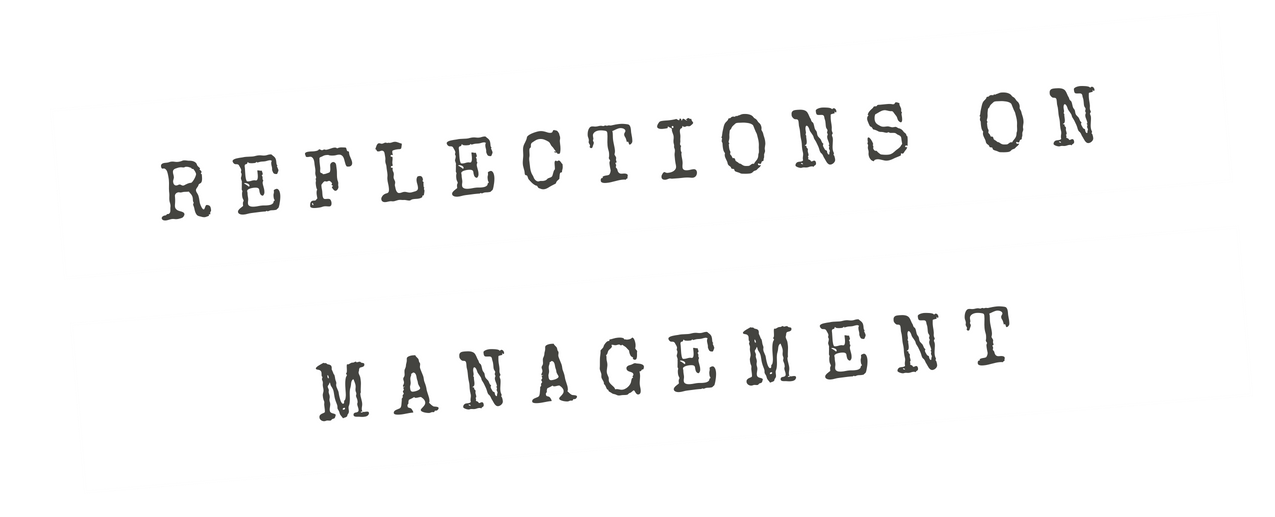Responsible leadership [instills] the sense of responsibility among the members to act, basically perform their professional work, in a lawful fashion
Season 5, Episode 7 — Click here to download the transcript
Debt and Deficits: Spending, Revenue, and Economic Growth
Everyone wants to be a leader in something because of the positive qualities associated with leadership — like confidence and initiative. Leaders are often portrayed as having abilities to accomplish great things and influence people. But there is an important part of leadership that is sometimes understated. The leader’s responsibility is becomes all the more important when referring to the most senior leader in the organization. Now, in previous episodes of this podcast, I addressed the idea of organizational commitment to its members, the specific benefits that an organization could or should bestow. But what about responsibility? In effect, what is the moral obligation that a leader of an organization has toward its members?
A leader’s responsibilities are more than accomplishing missions and caring for members, it is that the organization itself acts responsibly. For a professional organization, this meaning is clear — that members naturally act professionally even in the case of extreme duress (e.g., war in the military, rioting or extreme strife in law enforcement, extremes in pandemic response for medicine). Individual professionals may act properly under such conditions, but instilling this in the culture of a whole organization takes leadership — especially the right skills and attributes of the top leader in the organization.
To what extent might this apply to non-professional organizations? I argue it does, and I offer five themes about responsible leadership that suggest how it can apply to any organization.
Other Reflections on Management episodes referenced:
Episode 1-9. Organizational Commitment to Members — Revisited.
Episode 3-8. On an Organization’s Commitment to Its Members’ Families.
From the Talking About Organizations Network:
TAOP Episode 59, “Theory X and Y – Douglas McGregor,” covering McGregor, D. (1960). The human side of enterprise. McGraw‐Hill: New York.
TAOP Episode 60, “Contingency Theory – Joan Woodward,” covering Woodward, J. (1980). Industrial organization: Theory and practice, 2nd ed. New York: Oxford University Press.
TAOP Episode 67, “Professions and Professionalism — Andrew Abbott,” covering Abbott, A. (1989). The system of professions: An essay on the division of expert labor. University of Chicago Press.


